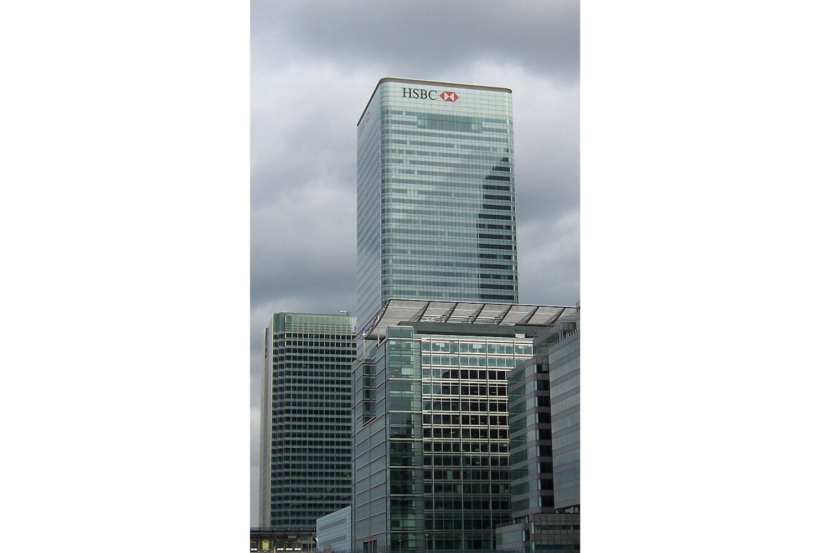HSBC Holdings PLC HSBC is slammed with a fine of £57.4 million ($73 million) by the Bank of England’s Prudential Regulation Authority (PRA).
HSBC has been fined for historic depositor protection failings arising from the bank’s failures over several years to properly implement the requirements set out in the Depositor Protection Rules.
As per PRA, the failings occurred between 2015 and 2022 at HSBC Bank and between 2018 and 2021 at HSBC UK Bank plc, which is the second largest fine ever imposed by the PRA.
In particular, HSBC has failed to accurately identify deposits eligible for Britain’s Financial Services Compensation Scheme (FSCS), which protects customer cash up to £85,000, as per Reuters.
Notably, PRA reduced HSBC’s fine to £57 million from £96.5 million in return for the bank’s cooperation with the investigation.
Sam Woods, Deputy Governor for Prudential Regulation and Chief Executive Officer of the PRA, said, “The serious failings in this case go to the heart of the PRA’s safety and soundness objective. It is vital that all banks comply fully with our requirements around preparedness for resolution. HBEU fell far short of its obligations in this area, and failed to disclose its failings to us in a timely manner. These failures led to today’s action, including the significant fine.”
“The PRA’s final notice recognises the bank’s co-operation with the investigation, as well as our efforts to fully resolve these issues. We continue to remain focused on serving our customers,” an HSBC spokesperson told Reuters.
Britain’s deposit protection rules require lenders to ensure critical information is held for the FSCS to compensate customers if a firm fails.
Also Read: HSBC’s French Retail Banking Business Officially Transferred To My Money Group’s CCF
Price Action: HSBC shares are trading lower by 0.483% at $39.49 premarket on the last check Tuesday.
Photo via Wikimedia Commons
Image and article originally from www.benzinga.com. Read the original article here.

